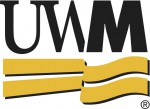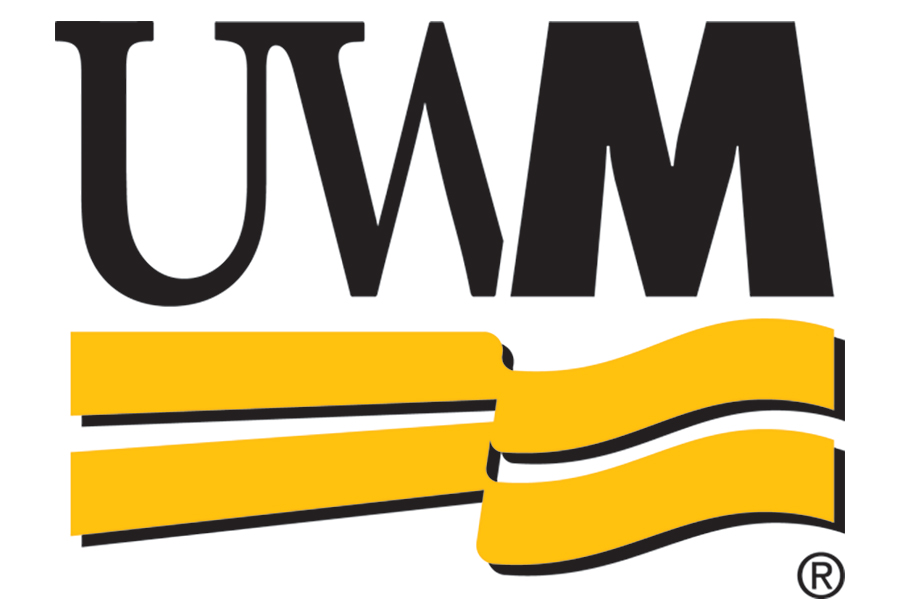Sustainable Nanotechnology Center lands $20 million NSF grant
Research aims to ensure nanoparticles for safer products
MILWAUKEE _ Man-made nanoparticles are bits of material included in hundreds of products ranging from sunscreen to sporting goods. But what happens when something so small gets into the environment?
Scientists still don’t know how these tiny particles interact with the environment and living things, said Rebecca Klaper, a scientist at the School of Freshwater Sciences at the University of Wisconsin-Milwaukee.
“We want to know which nanoparticles can harm the environment and how we can alter their structure on the molecular level so that they can still be useful in products but no longer harmful,” said Klaper, who is part of a team of scientists from six U.S. institutions that originally made up the Center for Sustainable Nanotechnology created by the National Science Foundation in 2012.
Today, the NSF announced a nearly $20 million, five-year grant to expand the center to 12 institutions with additional scientists who will take an interdisciplinary look at the interactions of nanoparticles and living tissue. Robert Hamers, a UW-Madison chemistry professor, directs the center.
Klaper, who has expertise in environmental contaminants, collaborates with chemists from around the country studying nanoparticles through the center. Her previous work has shown toxic effects in some fish exposed to certain kinds of nano particles.
With the new grant, Klaper will expand the number of fish and animals that are used to study the effects of exposure. She and her colleagues also will combine high-resolution imaging of nanoparticles in animals with analysis of genomic changes in the animals using equipment at UW-Milwaukee’s Great Lakes Genomic Center.
Unraveling how nanoparticles affect living tissue will be a scientific project of huge proportions, Klaper said.
The research is complicated by a lack of uniformity in the particles, the environment and the organisms. For example, why do some nanoparticles affect one organism while not affecting another? Which kinds of particles are regarded as invaders by an organism’s immune system and which are not?
Scientists want to identify the circumstances where nanoparticles harm health and what can be done to mitigate them, such as altering the surface chemistry of the particle.
“Part of the goal is to help the technology move forward in a safe and sustainable way,” Klaper said. “We’re not trying to tell industry not to use nanoparticles in products. Our mission is to make them ‘benign by design,’ meaning from the beginning, the particle is designed to have no impact on the environment before it goes into the product.”
To help fulfill that part of the mission, the center has established working relationships with several companies to study materials in the very early stages of development.
Along with UW-Madison and UW-Milwaukee, research partners on the grant include the University of Minnesota, the University of Illinois, Northwestern University and the Pacific Northwest National Laboratory, Tuskegee University, the University of Maryland-Baltimore County, Johns Hopkins University, the University of Iowa, Augsburg College and Georgia Tech.
About UWM
As Wisconsin’s only public urban research university, UWM has established an international reputation for excellence in research, community engagement, teaching and entrepreneurism. On an operating budget of $705 million, UWM educates more than 28,000 students and is an engine for innovation in southeastern Wisconsin. The Princeton Review named UWM a “2015 Best in the Midwest” university based on overall academic excellence and student reviews. Its economic impact is more than $1.5 billion per year in Wisconsin alone.
NOTE: This press release was submitted to Urban Milwaukee and was not written by an Urban Milwaukee writer. While it is believed to be reliable, Urban Milwaukee does not guarantee its accuracy or completeness.






















